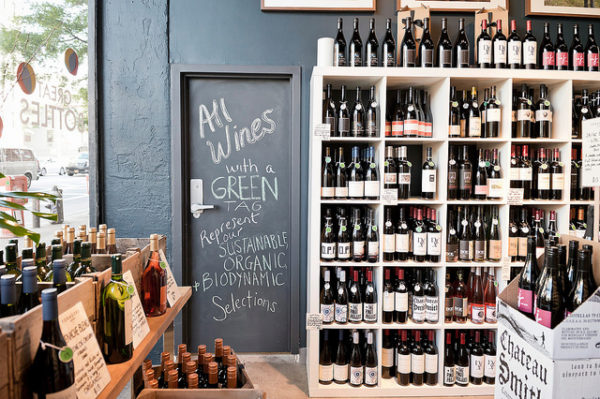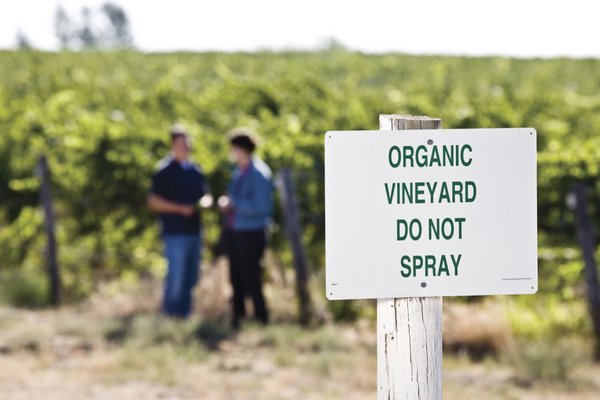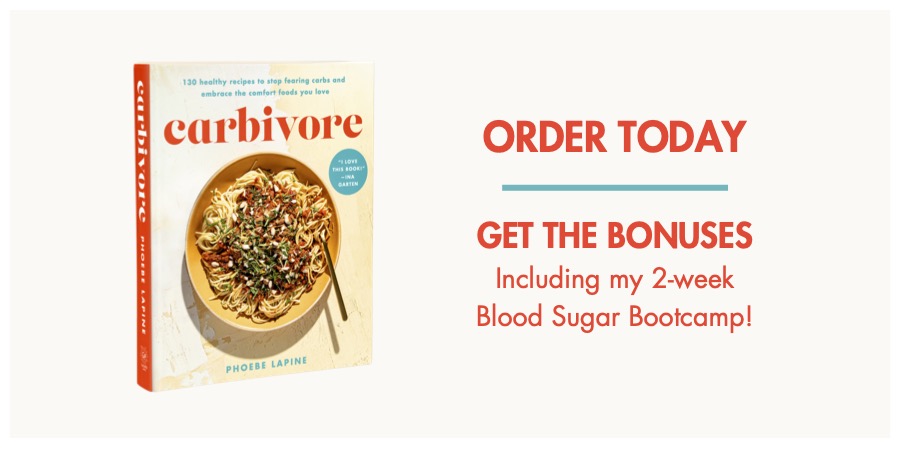This post was sponsored by the awesome folks at Snoqualmie, who make accessible organic wine. Products featured on Feed Me Phoebe are few and far between, and as with all opinions on this site, I only give my endorsement when genuine.

Ever since my long, arduous month of detox, I’ve been paying a lot more attention to the quantity and quality of my vices. And one area of better boozing I’ve been particularly interested in is the new and growing world of organic wines. I’ve not only been trying to drink better wines, but also cleaner wines that are responsibly made.
Organic wines have been cropping up more and more. Last year, I shared some of my favorites that are under $30. But this year, in honor of Earth Day, I wanted to better understand the impact of sustainable wine practices on the environment. So I chatted with Joy Andersen, who has been a pioneer in the modern-day Washington wine industry as head winemaker for Snoqualmie, a vineyard that’s been committed to organic practices for the last 30 years.
There’s a growing understanding of the benefits of buying organic produce. But I think far fewer people apply those same rules to what they put in their wine glass.
“Winemaking with organic grapes requires additional attention and hands-on methods as compared to conventional growing,” said Joy when I asked her what the main argument is for buying organic wine. “I think this ‘extra’ care pays off in better wine quality. Plus, it’s beneficial to one’s own health and the health of the planet.”

I’ll admit that I don’t have the most sophisticated palette for wine. I rely on Charlie for that. So I asked Joy if there’s actually any difference in taste. Can you tell between organic and conventional wines the same way as you can a farmer’s market tomato in July versus a conventional grocery store version in January?
Maybe not to that extent. But because there are fewer tools and materials approved for use in organically grown wines, they tend to have a “purer, fresher, expression of varietal fruit characteristics,” according to Joy. They also might have slightly higher acid levels by design in an effort to aid in protecting the wines from microbiological spoilage.
In terms of finding your way to some sustainable bottles other than Snoqualmie, the back label is your best source of information for how a wine is made. There are a few different certifications to look for. Of course there’s certified organic. But a lot of smaller vineyards and wine makers won’t be able to afford official certification, so it’s important to read the back of the label where some will explain cultivation and biodynamic processes. Two other things to look for are SIP certification, which speaks to sustainability, and Demeter, which is the main marker for biodynamic wines.
Biodynamic wines have no added sulfites, sugar or other additives. You can also safely assume they’re organic, even if they don’t have the certification. It means that the vineyard is harvested sustainably and according to the lunar calendar. Usually, biodynamic vineyards also have a working farm nearby, as the wine production is weaved into the overall sustainability of the operation as a whole.
To celebrate Earth Day (and Feed Me Phoebe’s 3rd birthday!), I hope you’ll join me in a virtual toast with a glass of wine that’s better for your body and the environment. Let me know your favorite “green” drink – be it organic wine or a smoothie – in the comments!
Xo
Phoebe
This post was sponsored by the awesome folks at Snoqualmie. Products featured on Feed Me Phoebe are few and far between, and as with all opinions on this site, I only give my endorsement when genuine.

Only recently discovered your blog and am enjoying it immensely!
Wow Silvio! Thanks so much – I’m so happy you found your way here!
Cheers to earth day and to you, pretty lady!
thanks sweet erin!
I didn’t know organic wine has no sulfites! I thought they all had to. I don’t like higher acid content but the sulfies give me a headache – and a lot of other people too. So I’ll give organic a try. Can you (or Charlie) recommend a biodynamic Pinot Noir?
Most of the Loire Valley wines are biodynamic and pinot grape is big in that region!
This is such a great post! Thank you for caring about the earth!
thanks kristie!! glad you’ve got the earth’s back too.